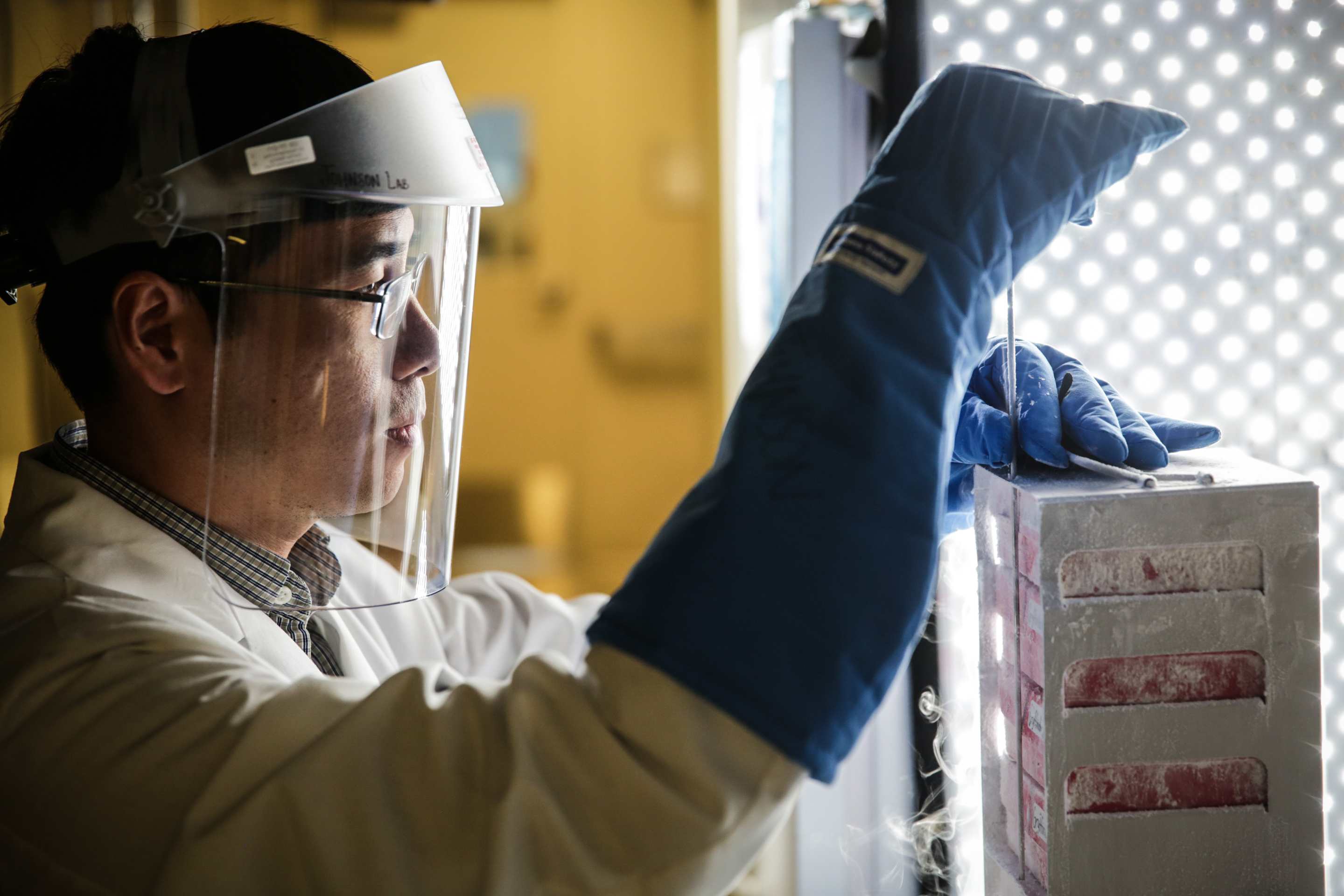
News & Updates
Penn Medicine Lobby Dedicated to Madlyn Abramson
Tuesday, September 19, 2023
Since 1997, the Abramson Family Foundation has worked in partnership with the University of Pennsylvania to transform cancer care and research. The family has been generous both financially and with their time and dedication through Philly Fights Cancer. As former Abramson Cancer Center Director John H. Glick, MD, recalls, “Madlyn Abramson was an inspiration to all in the cancer community by giving back to help others. She wanted every patient facing cancer to be cared for throughout their journey, from diagnosis to survivorship — and beyond their immediate medical needs.”
In recognition of this most recent gift, the main lobby of Penn Medicine’s new Pavilion will be named The Madlyn K. Abramson Lobby, in honor of Madlyn K. Abramson, ED’57, GED’60, Penn Emeritus Trustee, who passed away in 2020. A place of respite and comfort for all Penn’s patients and families — and home to Decoding the Tree of Life, a sculpture designed by world-renowned artist Maya Lin — this space reflects the vision of compassionate care held by its beloved namesake.


Since 1997, the Abramson Family Foundation has worked in partnership with the University of Pennsylvania to transform cancer care and research. The family has been generous both financially and with their time and dedication through Philly Fights Cancer. As former Abramson Cancer Center Director John H. Glick, MD, recalls, “Madlyn Abramson was an inspiration to all in the cancer community by giving back to help others. She wanted every patient facing cancer to be cared for throughout their journey, from diagnosis to survivorship — and beyond their immediate medical needs.”
In recognition of this most recent gift, the main lobby of Penn Medicine’s new Pavilion will be named The Madlyn K. Abramson Lobby, in honor of Madlyn K. Abramson, ED’57, GED’60, Penn Emeritus Trustee, who passed away in 2020. A place of respite and comfort for all Penn’s patients and families — and home to Decoding the Tree of Life, a sculpture designed by world-renowned artist Maya Lin — this space reflects the vision of compassionate care held by its beloved namesake.




